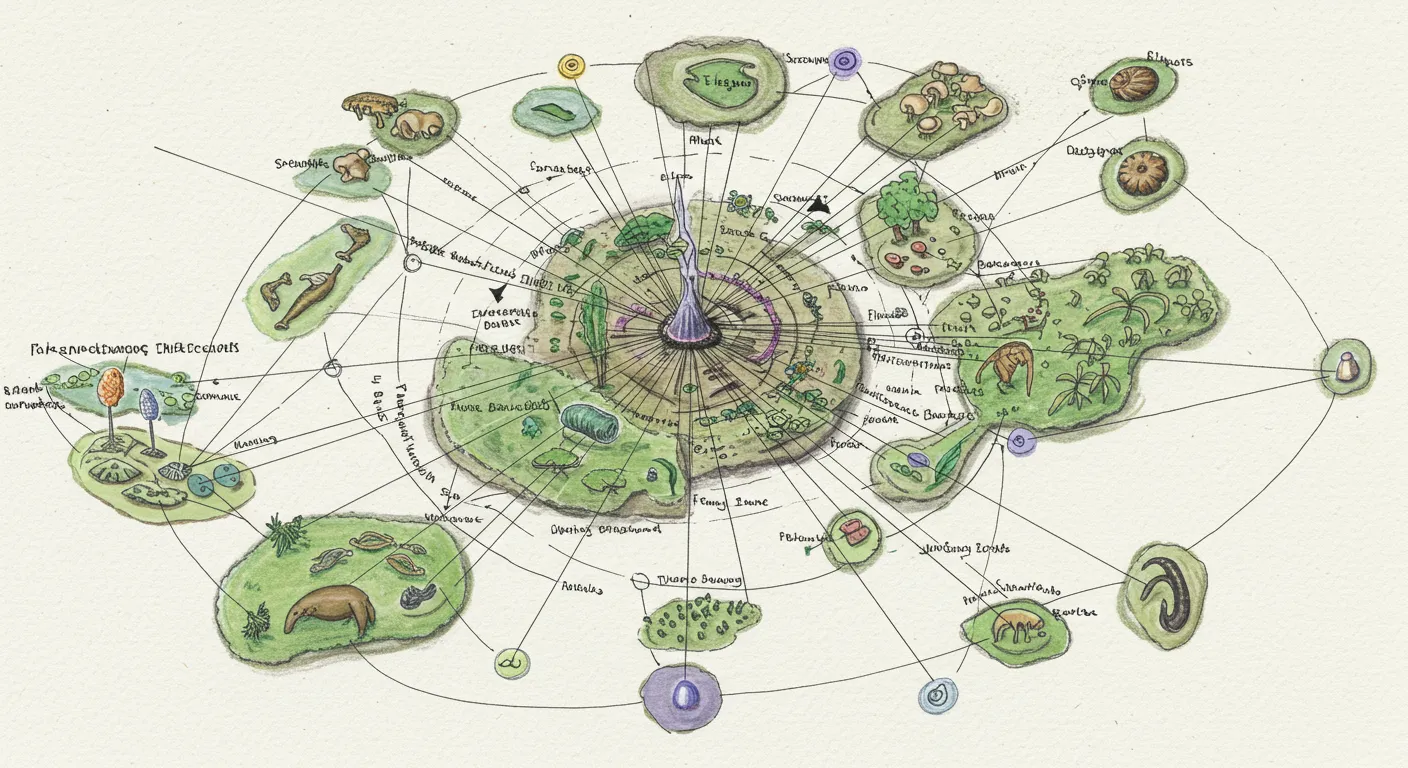The latest online discourse surrounding Ollama's model feed reveals a fascinating snapshot of the current AI landscape, where technical details and model performance are scrutinized with keen interest.
Online commentators are particularly intrigued by the methodology behind model development and data presentation. One participant raised concerns about the current RSS feed structure, suggesting that the XML file containing over 160 entries is overly cumbersome. The recommendation was to create a more streamlined feed, potentially with just 10 entries that would provide a more manageable update window.
A particularly interesting thread emerged around the tool selection for development. One commentator noted the creator's unique approach of using Claude, an AI model, to build a web scraper—a meta-development process that highlights the growing versatility of large language models. This sparked a broader conversation about model-specific strengths and capabilities.
The discussion particularly focused on Claude's reputation for coding proficiency. Online commentators suggested that while benchmarked comparisons might be limited, there's a widespread acknowledgment of Claude's superior coding abilities, especially among non-reasoning models. This points to a growing interest in understanding the nuanced capabilities of different AI models.
Beyond technical specifics, these conversations underscore a broader trend in the AI community: a collaborative, open-source approach to understanding and improving technology. Developers and enthusiasts are not just passive consumers but active participants in shaping the future of AI development, sharing insights, critiques, and potential improvements in real-time.


